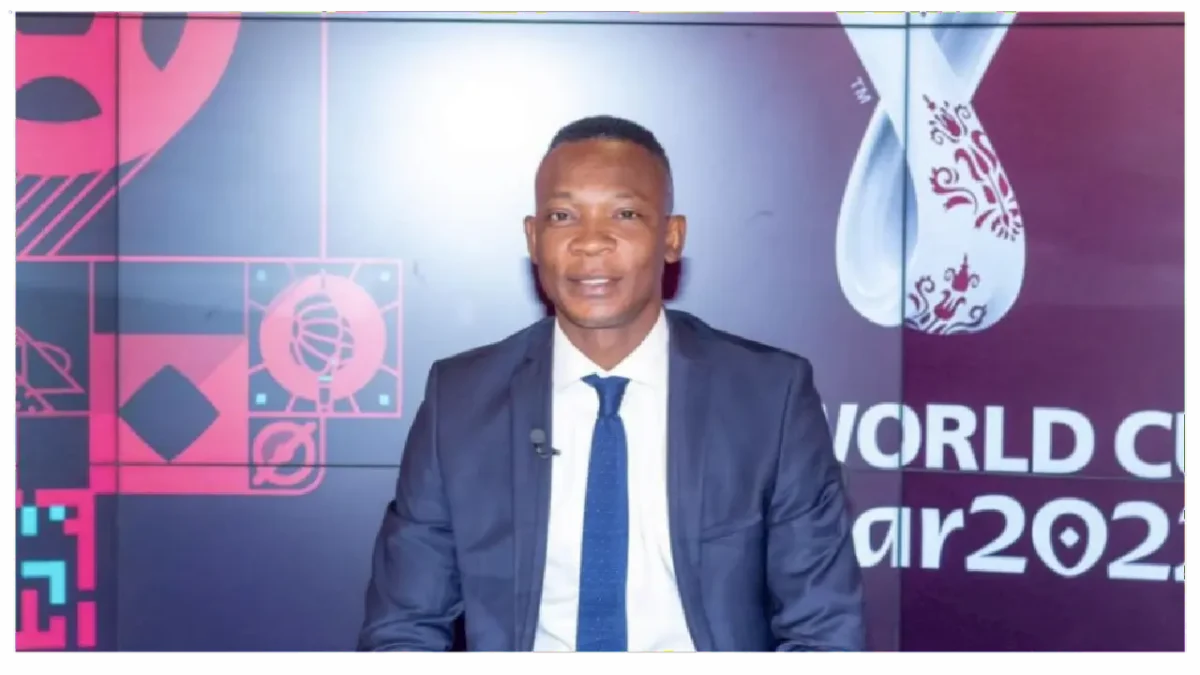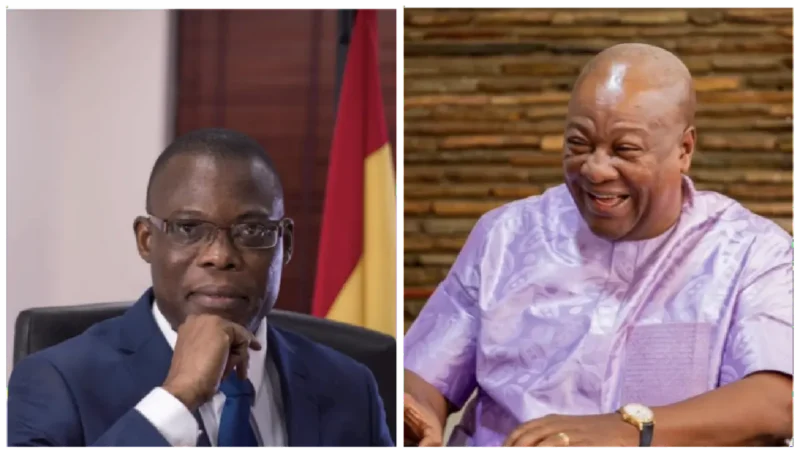John Paintsil, Assistant Coach of the Black Stars, has asserted that “I see nothing wrong with players leaving the Ghana Premier League (GPL) for other leagues.” He indicated that it’s natural for GPL players to pursue lucrative contracts abroad.
“Running football is a business, so if the player is young and has the opportunity to go, why not?” Paintsil said in an interview aired on Asempa FM.

Paintsil stressed that this phenomenon has been witnessed recently when players like Emmanuel Keyekeh, Richmond Lamptey, and Steven Mukwala signed for clubs in Rwanda and Tanzania. Addressing the mass exodus of players from the Ghana Premier League, Paintsil, a former Berekum Arsenal defender, contends that teams should not overly rely on individual players to build their strength.
“It is just about doing the right thing; that’s why you don’t build a team around one player or two players,” stated Paintsil.
Paintsil emphasized that teams in Ghana need to have a big squad if they really want to do business. “The player can be 16 years old, and a team in Europe can buy them for a long-term contract,” he explained. According to Paintsil, it’s essential for the team’s management, whether the chairman or president, to get a return on their investment.
“The man, whether he is the chairman or president, who is using his money, needs to get a return. So, I don’t think there’s a problem with that,” Paintsil stressed.
Paintsil concluded that when building a team, it’s crucial to build the structure well so that you have many players. “Don’t build a team around one or two players,” he advised.
John Paintsil’s perspective highlights a pragmatic approach to football management in Ghana. His insights reflect a broader understanding of the global football market, where talent mobility is a significant factor. By recognizing the economic realities of football, Paintsil underscores the importance of strategic team-building and player development.
The movement of players from the GPL to other leagues can be seen as a testament to the quality of talent produced in Ghana. Players like Emmanuel Keyekeh, Richmond Lamptey, and Steven Mukwala seeking opportunities abroad illustrates the competitive nature of global football. This trend also presents an opportunity for the GPL to focus on nurturing young talent and creating a robust pipeline of players who can compete at higher levels.
Moreover, Paintsil’s comments suggest that the exodus of players should not be viewed negatively. Instead, it should be seen as part of a larger strategy to enhance the league’s reputation and provide players with opportunities for growth and development.
In conclusion, John Paintsil’s views on players leaving the GPL for other leagues offer valuable insights into the dynamics of football management. His emphasis on not relying on individual players, building a strong squad, and ensuring a return on investment aligns with modern football practices. As the GPL continues to evolve, these principles can help shape its future, ensuring that it remains competitive and continues to produce outstanding talent for the global stage.
Subscribe to gheducate.com for more credible information and updates




